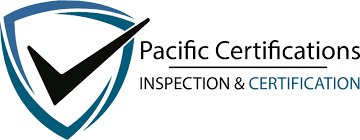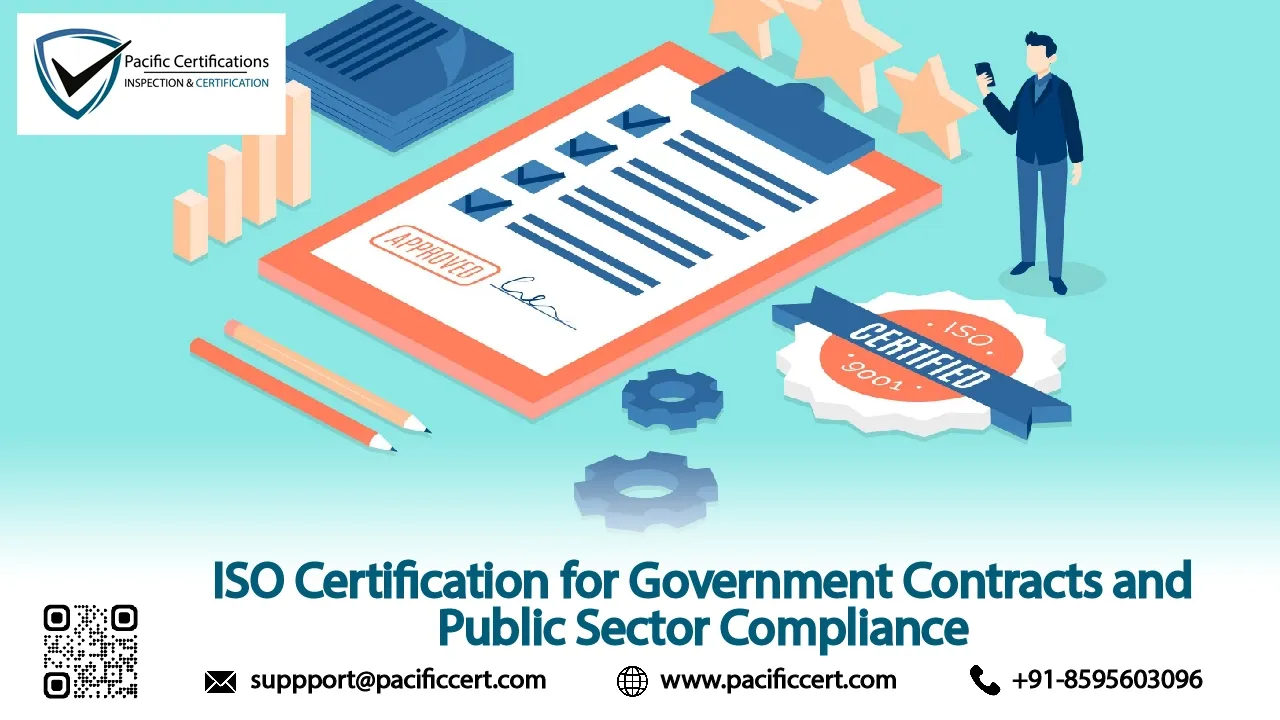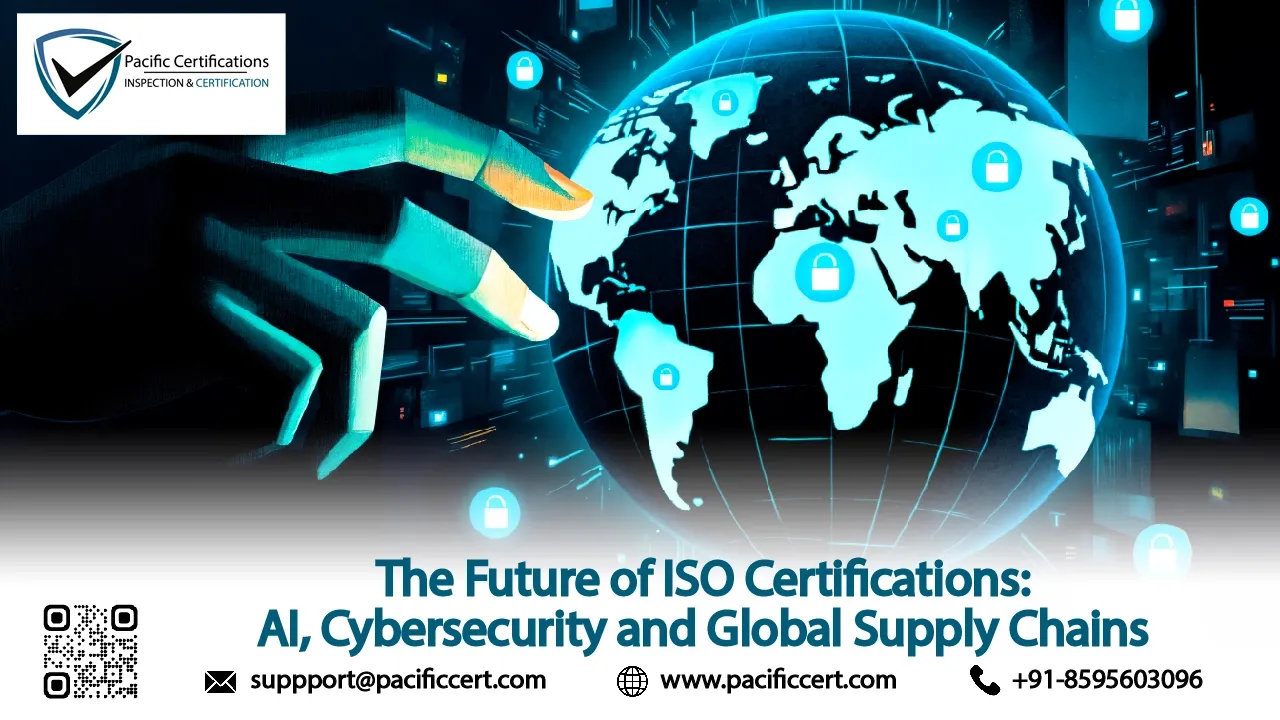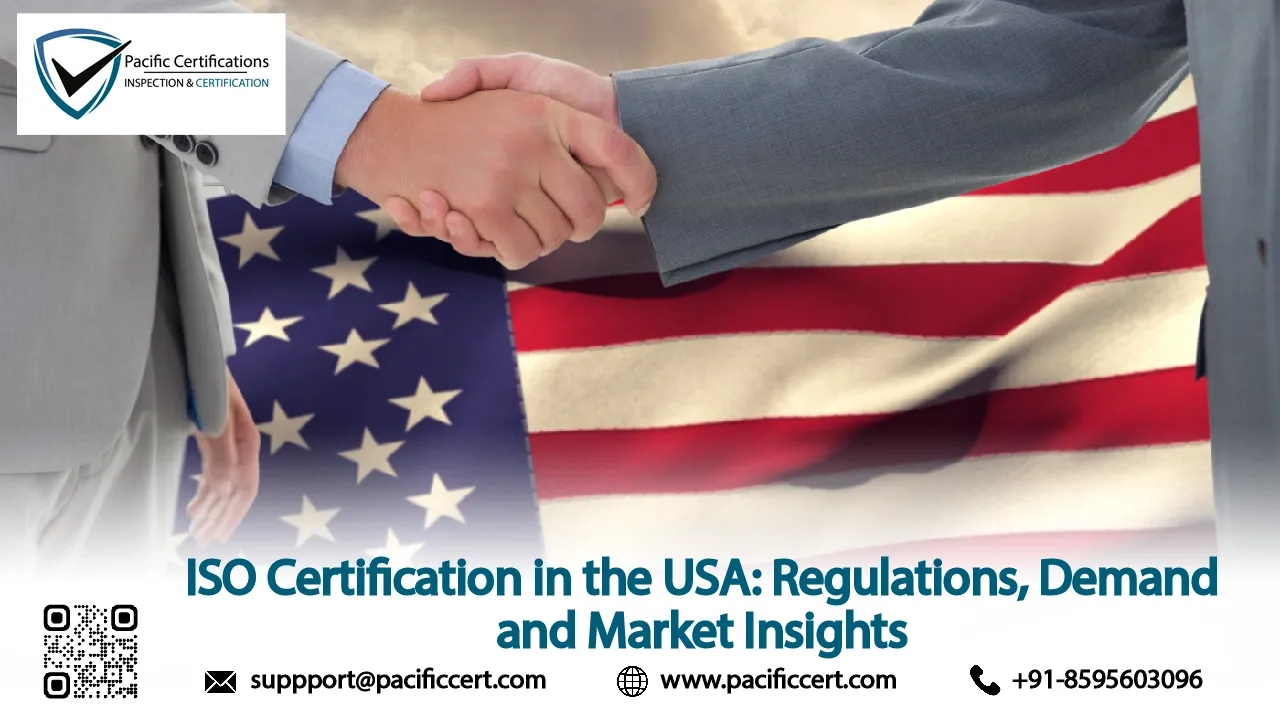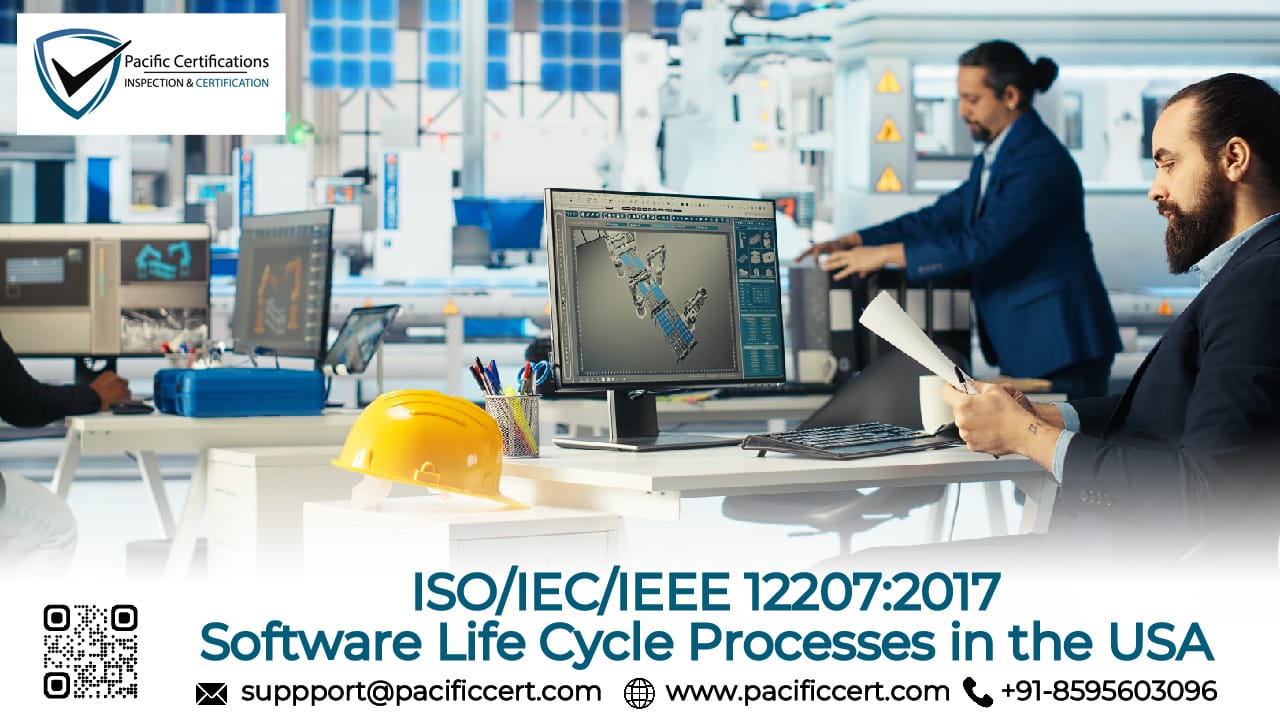
In this era where software governs everything from national defence systems to online retail platforms, structured management of the software development life cycle (SDLC) has become a necessity. Organizations across the United States, particularly those operating in defense, healthcare, automotive, and critical infrastructure are under increased pressure to deliver secure and maintainable software. To meet these demands, ISO/IEC/IEEE 12207:2017 has emerged as the international benchmark for defining, implementing, and improving software life cycle processes. This standard provides a unifying framework for managing software systems from inception to retirement, making it an essential tool for both government contractors and private enterprises in the U.S.
What is ISO/IEC/IEEE 12207:2017?
ISO/IEC/IEEE 12207:2017, titled "Systems and software engineering — Software life cycle processes," is a globally recognized standard that establishes a framework for the entire life cycle of software systems. It defines a set of processes, activities, and tasks that can be tailored to various types of software development and maintenance projects.
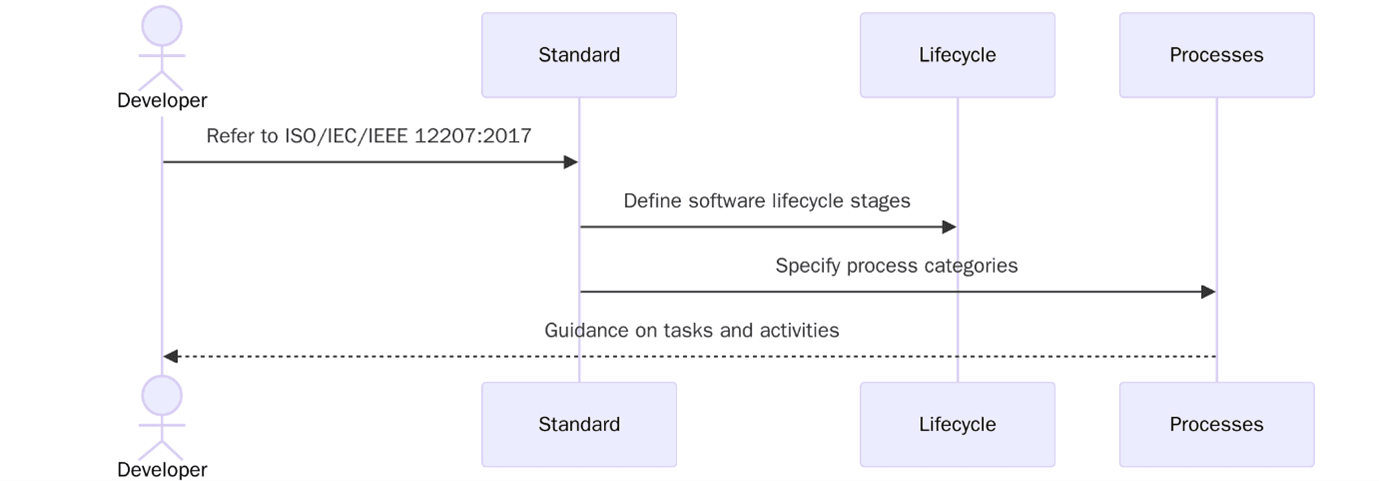
The standard is a result of joint harmonization between ISO (International Organization for Standardization), IEC (International Electrotechnical Commission), and IEEE (Institute of Electrical and Electronics Engineers). It provides a common language and structure to improve collaboration among multidisciplinary development teams, vendors, regulators, and clients.
Looking to align your system development lifecycle with international best practices?
Reach out to us at support@pacificcert.com for certification assistance.
Purpose
The standard aims to improve the quality, traceability, repeatability, and governance of software life cycle activities. It guides organizations in defining structured processes for:
- Software planning and development
- Integration and verification
- Deployment and transition
- Operation and maintenance
- Disposal or retirement
By following ISO/IEC/IEEE 12207, organizations can establish predictable project timelines, reduce development risks and align with contractual requirements—especially in sectors like aerospace, military, and healthcare.
Scope and Applicability
ISO/IEC/IEEE 12207:2017 applies to all organizations involved in:
- Software development and engineering
- Software acquisition and supply
- Software maintenance and support
- Systems integration and testing
- Software lifecycle governance and process improvement
It is widely applicable across industries, including:
- Aerospace and Defense (e.g., companies in Virginia, Alabama, California)
- Healthcare IT (e.g., developers in Massachusetts, Minnesota)
- Automotive Software Engineering (e.g., suppliers in Michigan)
- Finance and Banking (e.g., FinTech firms in New York)
- Technology Startups (e.g., AI/ML companies in Texas and Silicon Valley)
Whether for internal IT systems or customer-facing applications, the standard provides a modular framework that adapts to traditional and DevOps methodologies.
Whether you're in defense, IT, or embedded systems, ISO/IEC/IEEE 12207 certification adds credibility and control. Contact our team at support@pacificcert.com to get started!
Key Definitions
Life Cycle Process:
A sequence of activities involved in the creation, deployment, operation, and retirement of software.
Primary Processes:
Directly related to the acquisition, supply, development, operation, and maintenance of software.
Supporting Processes:
Provide essential resources, assessments, and controls (configuration management, quality assurance).
Organizational Processes:
Govern infrastructure and improvement activities across projects and business units.
Structure of ISO/IEC/IEEE 12207:2017
The standard organizes processes into three main groups:
| Process Group | Key Components |
| Primary Processes | Acquisition, Supply, Development, Operation, Maintenance |
| Supporting Processes | Documentation, Configuration Management, Quality Assurance, Verification, Validation |
| Organizational Processes | Management, Infrastructure, Portfolio Management, Life Cycle Model Management, Improvement |
Each process includes:
- Purpose
- Outcomes
- Activities
- Tasks
These are adaptable and can be integrated with other standards such as ISO/IEC/IEEE 15288 (Systems Engineering) and CMMI frameworks.
Reach us at support@pacificcert.com for certification support.
Implementation Requirements
To implement ISO/IEC/IEEE 12207 effectively, U.S. organizations should begin with:
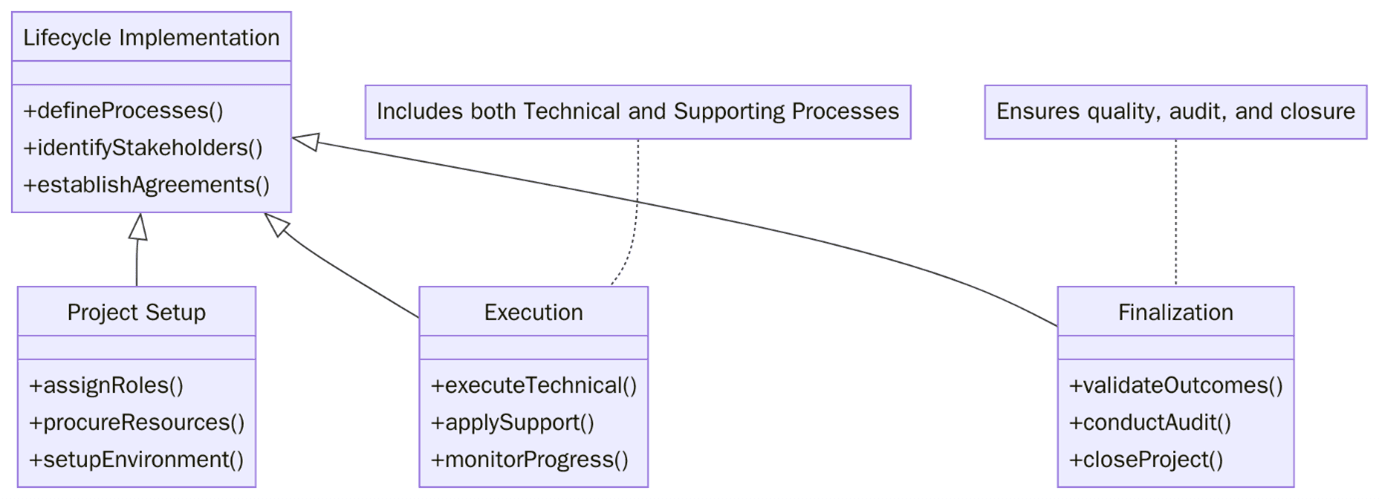
- A gap analysis comparing current SDLC practices to the standard's processes
- Integration with existing project management and quality systems
- Customization of processes for specific software environments (agile, DevOps, embedded systems)
- Training and role mapping across development, QA, DevOps, and compliance teams
- Establishing governance models that ensure traceability, versioning, and stakeholder reporting
U.S. government contractors should align implementation with DoD, NASA, and FAA acquisition policies, which frequently reference or require ISO/IEC/IEEE 12207 compliance.
Documentation Required
- Software Life Cycle Process Definition
- Process Tailoring Documentation
- Risk Management Plans
- Verification and Validation Records
- Quality Assurance Protocols
- Change and Configuration Management Logs
- Process Performance Metrics
Benefits of ISO/IEC/IEEE 12207:2017
- Provides a repeatable and scalable framework that adapts to different software delivery models.
- Enhances accountability, documentation, and decision-making across software teams.
- Enables compliance with acquisition policies and contract deliverables in sensitive sectors.
- Ensures rigorous lifecycle tracking for mission-critical and safety-critical software.
- Uses standardized terminology and process structure for better vendor and partner alignment.
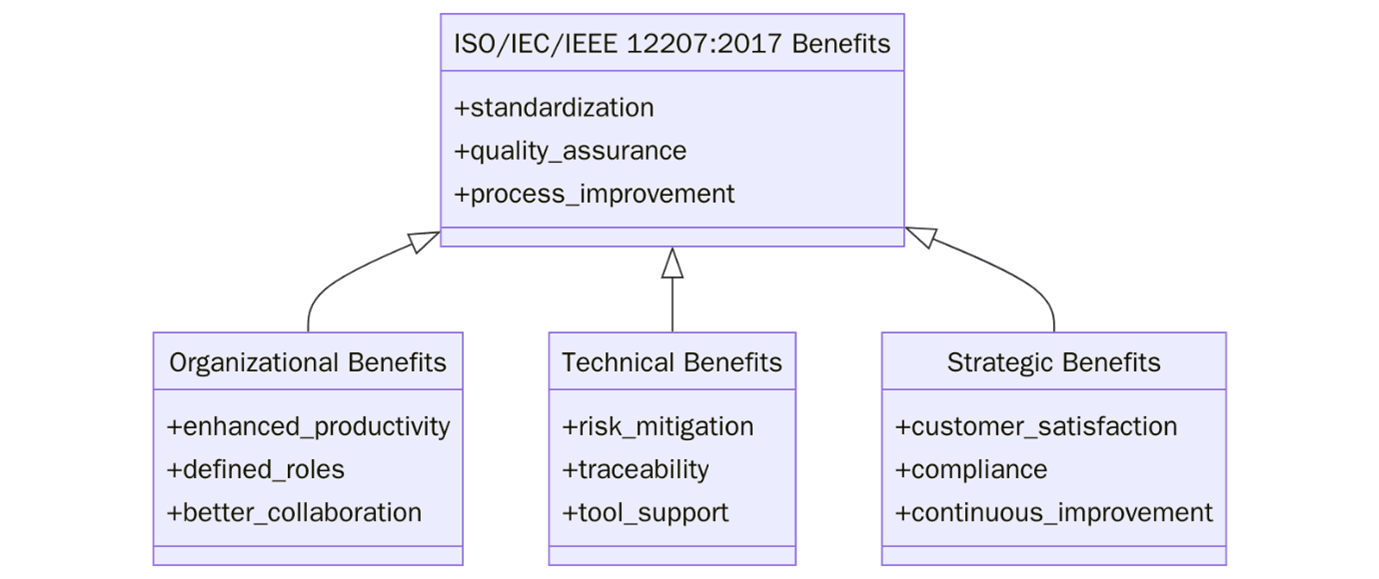
Market Trends
In 2025, ISO/IEC/IEEE 12207 is gaining traction among U.S. organizations due to increasing demands for software reliability, security assurance, and faster development cycles. With growing cybersecurity threats, industries such as defense, aviation, and healthcare are required to adopt robust software process models. Furthermore, federal agencies and large contractors are referencing ISO/IEC/IEEE 12207 in RFPs and audits.
Tech cities such as San Jose, Austin, Seattle, Boston, and Arlington are seeing adoption not only in defense-related contracts but also in AI/ML, IoT, and smart systems development. The trend reflects a broader movement toward formalization of SDLC practices to ensure interoperability, risk control and sustainability.
How Pacific Certifications Can Help
Pacific Certifications is an accredited certification body offering audit and certification services for ISO/IEC/IEEE 12207:2017 across the United States. While we do not provide consulting services, our role is to assess your compliance objectively and issue internationally recognized certifications.
We assist with:
- Initial certification audits
- Annual surveillance and re-certification
- Certification aligned with ISO/IEC integration (ISO/IEC 27001, 15288, 15504)
- Industry-specific audits for defense, healthcare, and regulated sectors
For certification assistance, contact us at support@pacificcert.com.
Certify Your Software Development Processes with Confidence
If your organization develops or manages software systems, ISO/IEC/IEEE 12207:2017 certification can be your strategic foundation.
Contact Pacific Certifications at support@pacificcert.com to begin your certification journey.
Ready to get ISO 12207 certified?
Contact Pacific Certifications to begin your certification journey today!
Suggested Certifications –
Read more: Pacific Blogs
